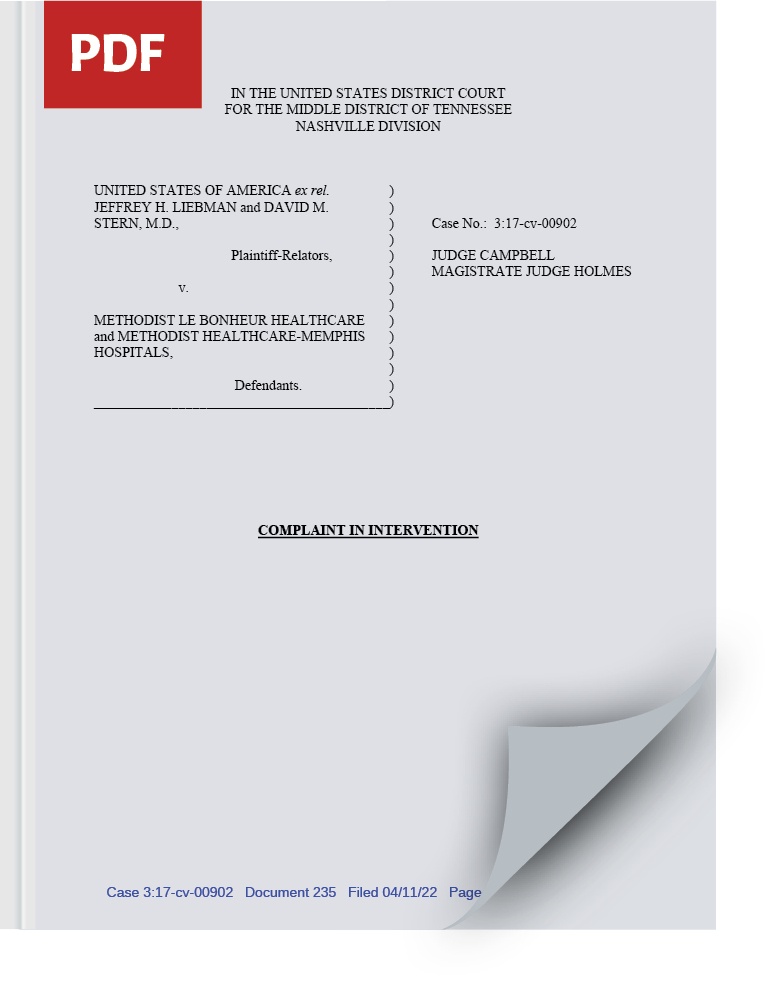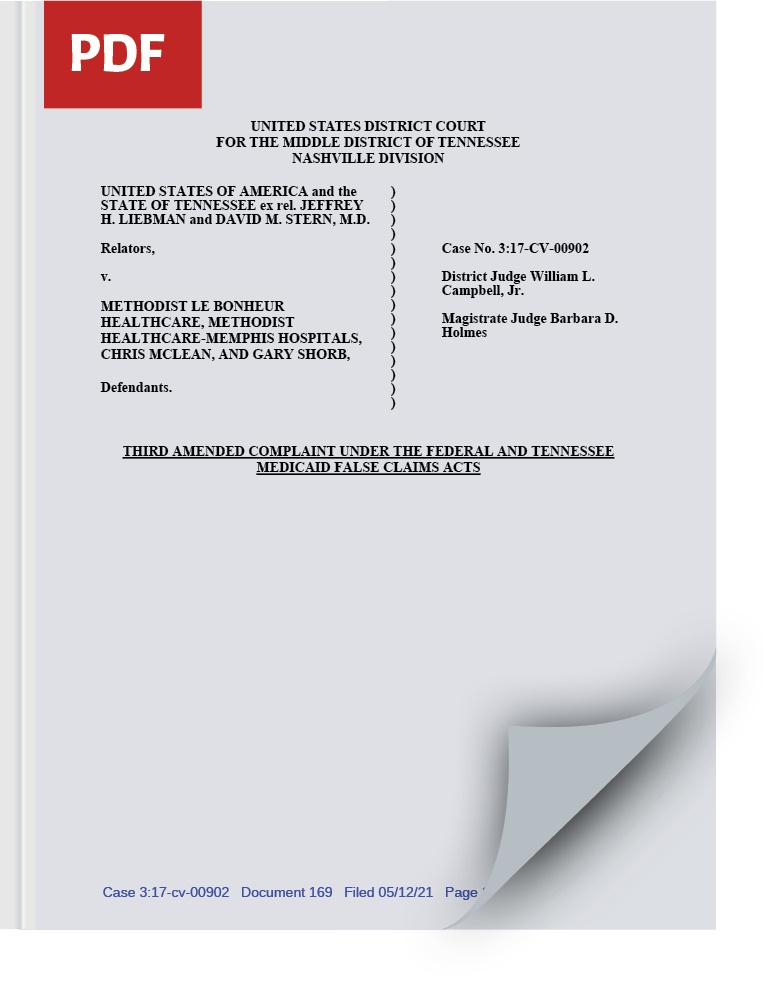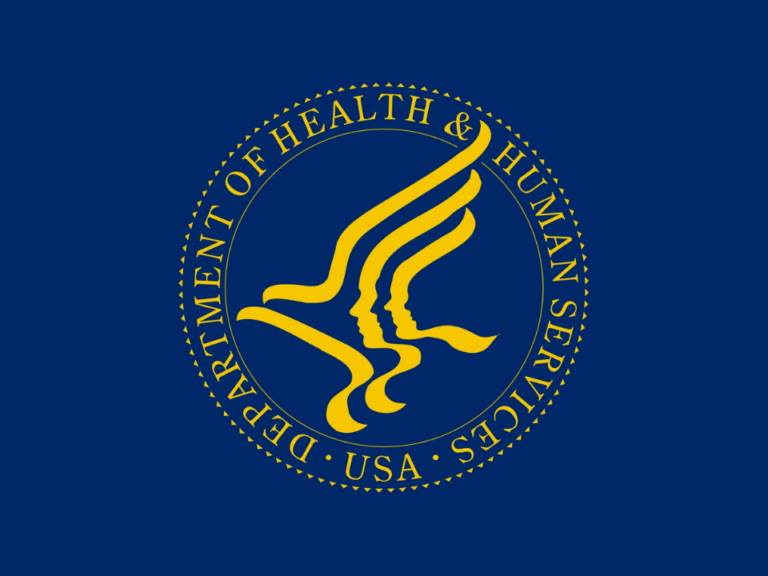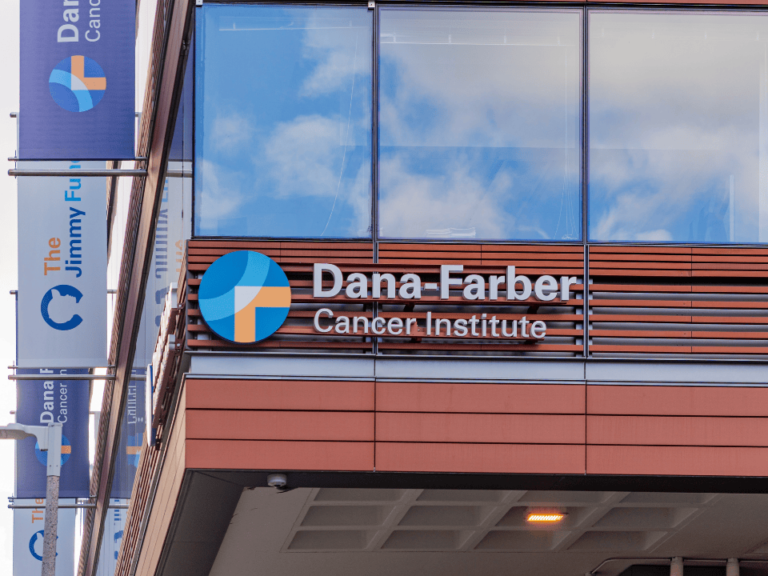Federal prosecutors earlier this week filed a complaint against the Memphis Methodist health system, taking over a qui tam action initially filed by private whistleblowers, who alleged that Methodist’s six-year arrangement with West Clinic, an oncology private practice, violated the Anti-Kickback Statute and the False Claims Act.
The “complaint in intervention” filed by the U.S. Department of Justice on April 11 relies on evidence turned up during the government’s investigation to argue that the deal between West and Methodist Le Bonheur Healthcare and Methodist Healthcare-Memphis Hospitals resulted in improper charges amounting to hundreds of millions of dollars in damages to Medicare.
West is not a defendant in the DOJ lawsuit. Before the government stepped in, the private plaintiffs had settled with West in exchange for a payment of $2.6 million and an agreement to provide internal information on their deal with Methodist (The Cancer Letter, March 18, 2022).
The just-filed DOJ complaint is consistent with the previous version filed by the private whistleblowers. Nonetheless, the government’s document is based on a separate investigation, is more succinct, more granular, and illustrated with once proprietary slides from presentations describing the business relationship in question.
The DOJ complaint describes the West-Methodist deal as somewhat akin to the story of Jonah. West is swallowed whole by Methodist on Jan. 1, 2012, and re-emerges whole on Dec. 31, 2018.
Over seven years, a lot of money is made. The new revenues, called “the lift” by Methodist and West officials in internal documents, involved Methodist purchasing the West outpatient locations.
This enabled the health system to bill Medicare for chemotherapy and other drugs, which Methodist could obtain through the 340B Drug Pricing Program. According to the DOJ, this generated $50 million in profit to Methodist in one year alone.
The government’s complaint states:
The unlawful kickbacks at issue here were disguised through a sophisticated business integration, wherein Methodist purchased substantially all of the outpatient locations of the largest oncology practice in the Memphis area, owned by non-party, West Clinic, P.C.
At the time of the arrangement, Methodist lacked a comprehensive cancer treatment center. The multi-agreement transaction purported to be a lawful way to allow West’s patients to be treated at Methodist locations by West-employed physicians for outpatient and inpatient services, with West providing management services to Methodist’s adult oncology service line.
In return, Methodist would receive the Medicare reimbursements relating to the cancer care. Methodist and West described it as a “joint partnership” along with the participation of the University of Tennessee Health Science Center. The stated goal was to create a comprehensive cancer center “without walls” where patients in the mid-South could go for all their cancer-related care at what ultimately was called the West Cancer Center.
However, Methodist and West never created any legal partnership, as to do so likely would have run afoul of regulatory requirements for participation in federal health care programs.
UTHSC was never a party to the lawsuit.
The first version of the complaint was filed on May 30, 2017. The “relators,” or whistleblowers, are Jeffrey Liebman, former CEO of Methodist University Hospital, and David Stern, the former vice chancellor for University of Tennessee Health Science Center. The initial work in the case was done by the whistleblowers at their own expense. Now, the government will take on the costs of the investigation and if there is any recovery, the private plaintiffs, the relators, will be entitled to a share.
“The government’s complaint recycles a familiar set of allegations that mischaracterize the relationship between Methodist Le Bonheur and West Clinic,” the Memphis health system said in a statement. “MLH will continue to vigorously defend against the allegations in the appropriate legal forum.”
Mitch Graves, CEO of West Cancer Center & Research Institute described the underlying allegations as “unfounded,” stating that the practice settled the case to get out of long-running litigation.
“West Cancer Center settled with the plaintiffs on the 2017 qui tam lawsuit last year and is no longer a defendant,” Graves said in a statement. “We believe the allegations are totally unfounded but settled to avoid a potentially prolonged lawsuit to focus on caring for our cancer patients. At West Cancer Center and Research Institute, our patients are our top priority, and this lawsuit was a distraction to our mission of providing outstanding cancer care.”
While the private plaintiffs had agreed to dismiss West as a defendant last year, this action didn’t limit DOJ from trying to bring West back into the litigation. Last year, DOJ sought to bring West back into the suit, but last month the move was blocked by Judge William L. Campbell, of the U.S. District Court for the Middle District of Tennessee.
“The court does not find good cause to reinsert West at this stage of the case—to do so would not only prejudice West, but would cause undue delay in the proceedings,” Campbell said in a ruling March 11. “The United States shall file an amended complaint in intervention—limited to claims against only current defendants—within 30 days.”
The government is not precluded from filing a separate action against West should it decide to do so, legal experts say.
At least for some period, investigations in the qui tam case and the DOJ investigation ran concurrently.
Lee Schwartzberg, former medical director at West, said to The Cancer Letter that the arrangement had benefited patients in the region, and described the DOJ intervention as “totally unfounded”:
In 2019, I learned that I, as medical director of the West Cancer Center, along with a number of other individuals, had been added as defendants in a qui tam action naming West Cancer Center and Methodist Healthcare.
Shortly after learning this, however, the relators chose to settle with me and West Cancer Center. We entered into that settlement to avoid the cost and time commitment required to respond to what we believe were, and are, meritless allegations. The U.S. government recently filed a lawsuit against Methodist Healthcare. Importantly, neither West Cancer Center, nor I are defendants in the case.
The arrangement between West and Methodist increased the access to high quality cancer care and brought world renowned physicians and researchers to Memphis and the Mid-South. We were able to provide care to far more patients and improve outcomes across the board.
I am proud of the work we did, and the care we provided. I am disappointed that the United States has chosen to intervene in the case and believe that the allegations in both the relators’ and United States’ complaints are totally unfounded.
The structure of the arrangement
Diagrams Methodist provided to federal investigators show how the deal was structured.
How the West-Methodist arrangement was structured: an insider’s view.


How the money flowed in the West-Methodist deal


The deal consisted of an Asset Purchase Agreement, a Leased Employee and Administrative Services Agreement, a Professional Services Agreement, and a Management Services/Performance Improvement Agreement.
As part of the agreement, West could “unwind” the deal, and buy back its assets at any time after the first six months.
According to the DOJ complaint:
Kickbacks for the revenues Methodist generated from the West referrals, however, were disguised as payments Methodist made during the course of the deal, and expressly for certain services that were supposed to be—but were not—provided under the MSA.
Methodist knew that it would be a violation of the AKS to compensate West in exchange for the volume or value of referrals to Methodist. Yet, as the referrals to Methodist increased over the seven years of the deal, so did Methodist’s payments to West under the MSA.
Methodist also knew that West had not been providing all the management services at all the locations required by the MSA. For the management services West was performing, Methodist often was double-paying West, as it was paying separately for these services pursuant to other agreements.
The government complaint provides the same financials that were previously cited in the private whistleblower complaint:
Both Methodist and West confirmed to the United States that Methodist paid West $3,007,620 in management fees under the MSA for 2012, $3,230,588 in management fees under the MSA for 2013, and $4,401,750 in management fees under the MSA for 2014. However, Methodist and West provided different numbers to the United States in management fees paid under the MSA for 2015 through 2018. Regardless of the disparities in the numbers provided to the United States in sworn interrogatories, the payments Methodist made to West under the MSA from 2015 through 2018 were in excess of $16 million.
As discussed below, these payments constituted kickbacks as (i) West was not providing all the services at all the locations required under the MSA; (ii) Methodist already was paying for the purported management services under the LEA and through other payments made to West; (iii) Methodist knew and intended for the actions West took under the MSA to induce referrals to Methodist; and (iv) West was primarily continuing to manage itself and grow the business of West, as opposed to managing Methodist.
Documentation of services performed was not detailed. According to the DOJ complaint:
Neither Dr. [Lee] Schwartzberg nor Dr. [Kurt] Tauer, the only two Medical Directors West appointed under the MSA, had any real knowledge of who performed all the base management activities at all the locations required by the MSA. The same is true for Methodist’s former President and Chief Executive Officer, Gary Shorb, and former Chief Financial Officer, Chris McLean, who were members of the Operating Committee charged with oversight for the MSA.
Although Dr. Tauer signed all the deal documents with Methodist on behalf of West, he was unaware that he was the Medical Director under the MSA, and he had no idea who served as Methodist’s Medical Director. As part of performing the base inpatient management services under the MSA and being on the Operating Committee, Dr. Tauer necessarily should have needed to interact with the Medical Director of Methodist over the course of the seven years that West was contracted to provide management services for Methodist.
An earlier version of the complaint states that West oncologists were exceptionally well paid. A junior shareholder oncologist at West received annual incomes exceeding $1 million, while senior oncologists were paid more than $3 million. These compensation data are not repeated in the DOJ complaint.
Methodist says it didn’t pay West for referrals, didn’t pay for services that were not expected to be performed and argues that testimony from West executives was mischaracterized in both the qui tam complaint and the DOJ intervention.
- The affiliation’s compensation structure was developed by reputable experts and reflected fair market value. Methodist received all the services it paid for under its affiliation agreements with West.
- West’s work impacted all Methodist facilities, and it was paid fair market value for its services. Methodist’s oncology services have historically been consolidated at two hospitals because of their cancer expertise and for resource efficiency. Not surprisingly, the majority of West’s services were concentrated at these hospitals.
- West, in public court filings, has vehemently denied this assertion; the allegation is also rebutted by interview notes and recorded interviews.
The story of ACORN
Federal prosecutors tell the story of an entity called ACORN Research LLC, a research company in which West and its medical director and shareholder Lee Schwartzberg had a personal financial interest.
West had made a $7 million investment in ACORN, and Schwartzberg was personally responsible for half of that amount.
According to the DOJ complaint:
As a part of the deal with West, on Dec. 8, 2011, Methodist, through its subsidiary for-profit arm, Ambulatory Operations, Inc., invested $7 million into ACORN, which Dr. Schwartzberg founded in 2002 and acted as its President and Chief Medical Officer at the time of the transaction. ACORN’s affiliation with Methodist and West is noted in the vision for the West Cancer Center set out in the attachment to the PSA.
ACORN’s focus was to bring community-based oncologists into clinical trials. In 2006, it set up a contract research organization to directly manage industry-sponsored clinical trials. In November 2011, it partnered with AdeptBio, LLC, to expand its ability to obtain biospecimens for targeted populations. In early December 2011, it partnered with Clarient, Inc. to collaborate around molecular testing of tumor samples. It later announced the divestiture of its ACORN community oncology research network unit to support the research mission of West.
Methodist was aware that West was insistent on the deal including a $7 million investment in ACORN, which Methodist’s former CFO characterized as a “start-up” company.
Under the terms of the deal, Methodist paid $3.5 million in cash as a capital contribution, and a $3.5 million loan.
Methodist was aware that $3.5 million in cash would be used by ACORN to pay back debt owed to Dr. Schwartzberg personally and to West as a company.
I am proud of the work we did, and the care we provided. I am disappointed that the United States has chosen to intervene in the case and believe that the allegations in both the relators’ and United States’ complaints are totally unfounded.
Lee Schwartzberg
In October 2011, Methodist and West obtained a valuation opinion relating to the ACORN investment from Michael Choukas, who had previously worked for ACORN and ultimately became its CEO in 2014.
Choukas did not have significant experience valuing companies and provided an opinion that lacked accurate financial information, as well as support for business projections.
On Nov. 28, 2011, Methodist’s Vice President of Legal Services and Compliance identified multiple concerns with the opinion. She recommended “at a minimum” that the valuation be supplemented or revised. No changes were made to address these concerns.
Not surprisingly, the ACORN investment failed to turn any profit. In the months before and following Methodist’s investment, ACORN sustained ongoing financial losses.
When ACORN sought to reduce Methodist’s percentage of equity, Chris McLean, Methodist’s CFO, was concerned that Methodist’s Board might question this investment. In particular, Mr. McLean expressed concerns that Mr. Choukas had previously presented projections that fell far short and might lack credibility.
Methodist ultimately extricated itself from the ACORN investment at a loss.
The ACORN investment was a means for Methodist to compensate West and Dr. Schwartzberg in particular in exchange for referrals.
Schwartzberg, the physician executive who played a key role in engineering the relationship with Methodist, left West in 2021 to build a cancer program at the University of Nevada Reno.
He has also stepped down from his role as chief medical officer at OneOncology, but continues to serve as a senior advisor to the company, according to the website.












